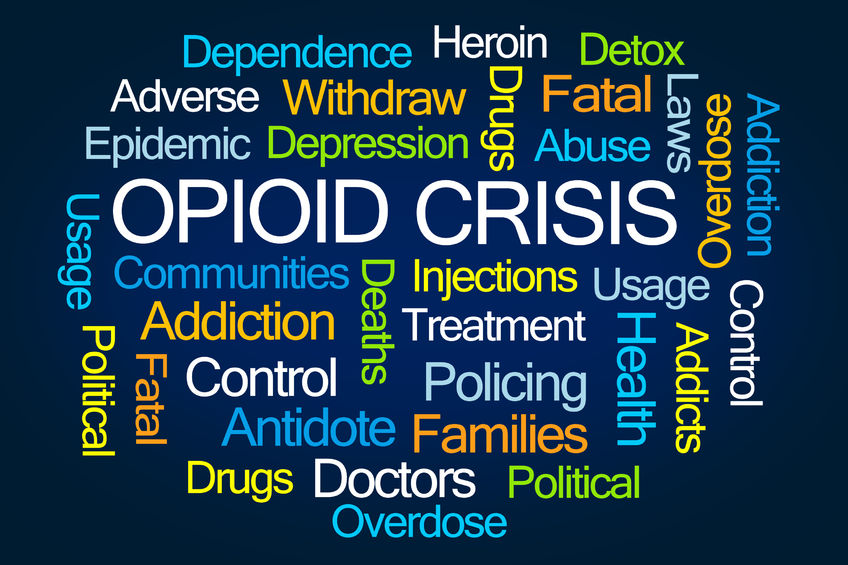The Opioid Epidemic
What can we do to combat it?
November 1, 2019
We have a new drug epidemic that is affecting our country. The opioid epidemic has accounted for more than 42,000 opioid overdose deaths in 2016. The numbers are only getting worse as drug dealers are mixing the drugs with stronger synthetic drugs such as fentanyl (which is 50 to 100 times more potent than morphine). More than 130 people a day are dying and about 10.3 million people in our country are misusing opioids such as Percocet, morphine, and codeine. The most alarming part is that these opioids I just mentioned aren’t from drug dealers on a corner but come from your doctor’s office. They are pharmaceutical opioids that are prescribed by your doctor and obtained legally from your pharmacy.
When I think of opioids I think of heroin but that’s not how people usually start misusing and getting addicted to opioids. In the late 1990s, pharmaceutical companies reassured the medical community that patients would not become addicted to opioid pain relievers and healthcare providers began to prescribe them at greater rates. Increased prescription of opioid medications led to widespread misuse of both prescription and non-prescription opioids before it became clear that these medications could indeed be highly addictive. Once they stopped being prescribed the medications a lot of people start to use illegal forms such as heroin.
That’s where the criminal justice system gets involved. Even though addiction has been widely diagnosed and agreed by the medical community as a disease, the legal system is still behind the curb. During the presidency of Richard Nixon, he declared the war against drugs during the 1970s which established how we interact with addicts. By creating the war against drugs it established the perception of punishing addicts rather than treating them. Even though this war against drugs was declared almost 50 years ago it is still going on. The amount spent in 2018 by the U.S. on the war on drugs was $47+ billion, the number of arrests in 2018 in the U.S. for drug law violations was 1,654,282 and the number of drugs arrests that were for possession only were 1,429,299.
With these alarming statistics, it seems like our approach to the war against drugs doesn’t seem to be working. In 2001 Portugal decriminalized all drugs including heroin. The dealers were still sent to prison but the addicts were sent to mandatory treatment. Since then, Portugal’s drug-induced death rate has plummeted to five times lower than the European Union average, drug-related HIV infections in Portugal have dropped 95 percent, the number of people in drug treatment increased by over 60%; nearly three-quarters of them received opioid-substitution therapy and according to Drug Policy Alliance, “the number of people voluntarily entering treatment has increased significantly, overdose deaths and HIV infections among people who use drugs have plummeted, incarceration for drug-related offenses has decreased, and rates of problematic and adolescent drug use has fallen”.
A big part of this success has been said the way Portugal perceives addiction and how they have combat it going from punishment in the past into treatment now. Harm reduction has been a great tool for the tremendous improvement of recoveries such as needle exchange, drug consumption sites, and opioid maintenance medications such as methadone and buprenorphine.
The good news is that based on research the epidemic can be controlled. We can use Portugal’s approach and revise it to help improve our way of combating the opioid crisis. I’m not suggesting we should decriminalize all drugs but we do have to make some changes in the way our society encounters addiction. Whether it’s the criminal justice system, health and pharmaceutical industry, or just the average person on the street we need to try to help the addicts with going into treatment and getting, because punishing and shaming them haven’t worked.
